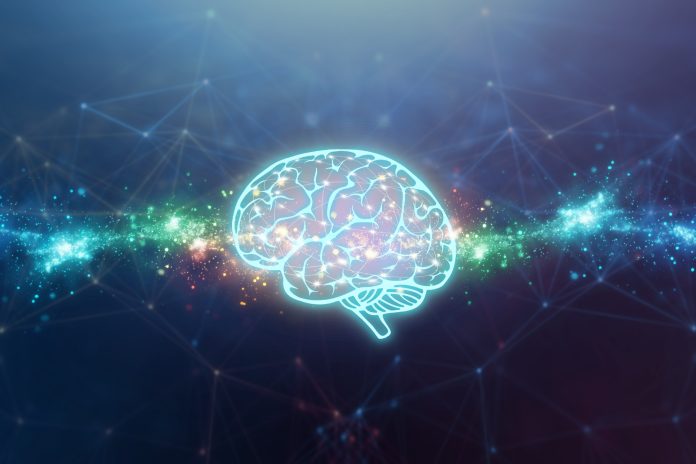Over 165 million Europeans are living with a brain disorder; this is an increased challenge that requires more attention and innovative solutions
To tackle this crisis, the 4th edition of Brain Innovation Days took place between 13 and 14 November 2024, with the focus on “Navigating the brain across a lifetime.”
Brain Innovation Days 2024
The event showed projects that are advancing research in brain health, neurotechnology, and treatment for neurological disorders.
This year’s event focused on cognitive resilience, lifelong learning, brain health maintenance, and the latest advancements in neurotechnology.
Projects funded under the Horizon 2020 and Horizon Europe frameworks, managed by HaDEA, will highlight the transformative potential of AI, digital tools, and personalised medicine in improving brain health and addressing complex neurological conditions.
Cutting-edge projects at the forefront of brain health
One standout project is ALAMEDA, which uses Artificial Intelligence (AI) to personalise rehabilitation for patients with Parkinson’s, multiple sclerosis, and stroke. By offering early diagnosis and treatment options, ALAMEDA’s AI toolkit aims to predict patient outcomes more accurately, enhancing management strategies for these brain disorders.
Another key initiative, NEUROCOV, is investigating the long-term neurological effects of COVID-19, known as NeuroCOVID. Symptoms such as memory loss, impaired concentration, and brain alterations remain prevalent in many post-COVID patients. Through AI-based predictive models, NEUROCOV aims to identify the risk of developing these complications and suggest personalised therapies to help patients recover.
The PRIME project is working to improve the diagnosis and care of individuals with insulin-related conditions like type 2 diabetes, Alzheimer’s disease, and autism. By focusing on non-pharmacological preventive strategies and developing digital health tools, PRIME is equipping healthcare providers with better data and knowledge to manage these complex, interrelated conditions.
For those dealing with rare muscular dystrophies such as Duchenne and Becker, the BIND project uses genetic therapy to address brain involvement in these disorders. By focusing on early detection and innovative treatments, BIND aims to improve both physical and cognitive outcomes for individuals living with these conditions.
Embracing technology for early detection
With regard to dementia care, the Brain Health Toolbox project is making steps in early prediction and prevention. By using advanced machine learning, the project is developing tools to identify high-risk individuals and offer personalised intervention strategies. These efforts are setting the way for better long-term monitoring and earlier, more effective treatments.
From addressing mental health challenges in the workplace with PROSPERH to tackling problematic internet use among youth through the BOOTSTRAP project, the Brain Innovation Days event showed how technology and data can play a crucial role in improving brain health across the lifespan.











